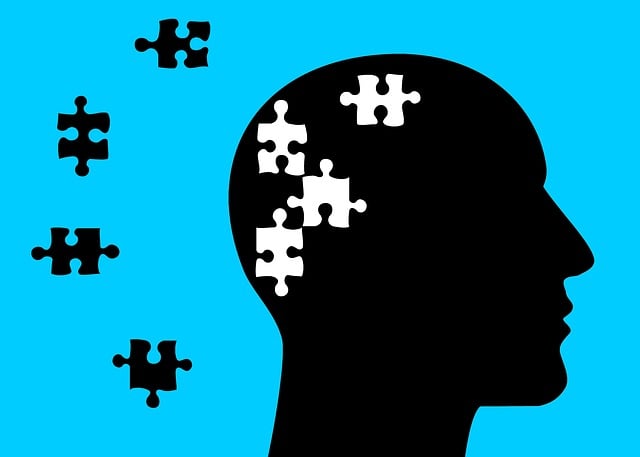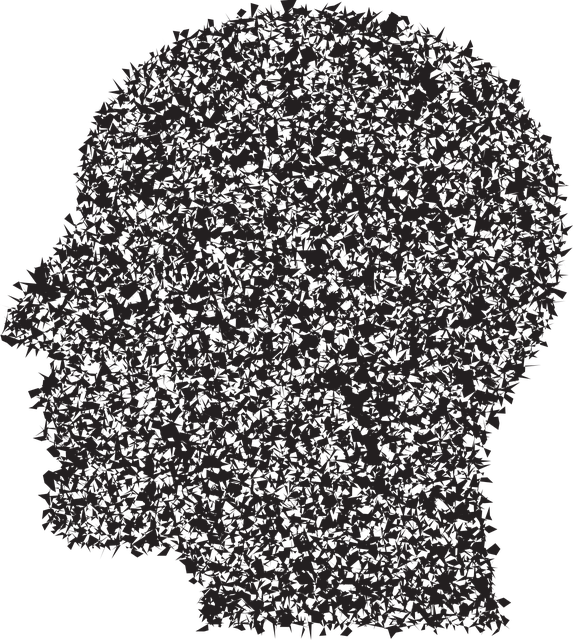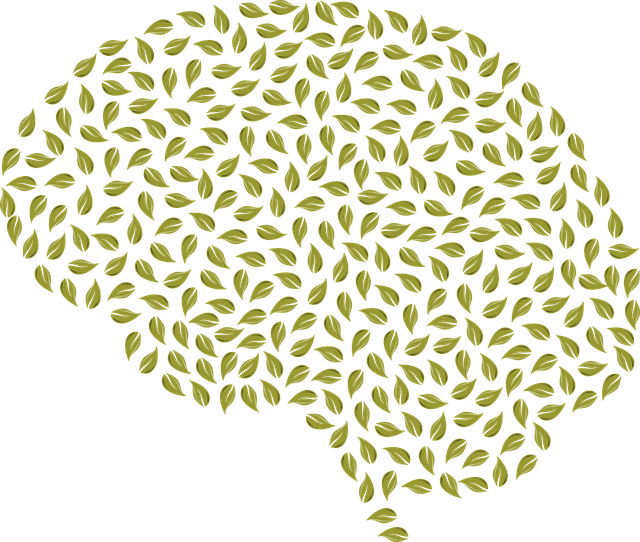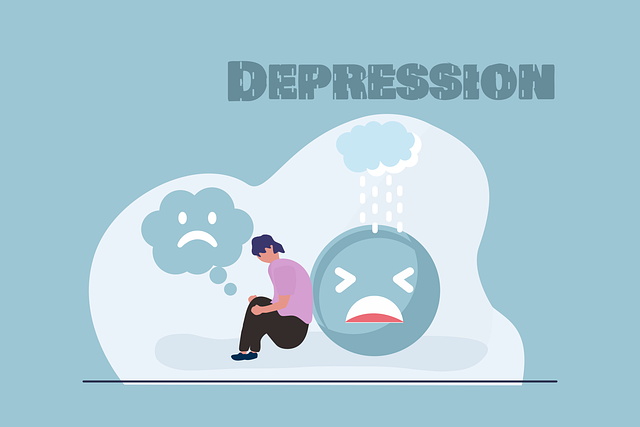Public awareness campaigns, like Lone Tree Anger Management Therapy, effectively transform societal attitudes towards mental health, especially anger management. They destigmatize these issues through accessible information, shared stories, and strategic planning. These initiatives empower individuals to take control of their well-being by learning self-awareness exercises, evidence-based techniques, and risk management planning. Success is measured by tracking changes in community behavior and using both quantitative and qualitative methods for evaluation, highlighting the campaign's impact and the importance of social skills training for professionals.
Public awareness campaigns play a pivotal role in educating communities and driving behavioral changes. This article delves into the crucial elements of successful initiatives, focusing on strategies tailored for Lone Tree Anger Management Therapy. We explore how targeted campaigns can mitigate anger-related issues within the community. By understanding their impact and implementing effective methods, such as personalized messaging and measurable evaluation, these campaigns become powerful tools to foster positive transformations. Discover key insights for creating a lasting difference in managing anger through public awareness.
- Understanding Public Awareness Campaigns: Their Role and Impact
- Strategies for Creating Effective Lone Tree Anger Management Therapy Campaigns
- Measuring Success: Evaluation Methods for Public Awareness Initiatives
Understanding Public Awareness Campaigns: Their Role and Impact

Public awareness campaigns play a pivotal role in shaping societal perceptions and behaviors by educating communities about various issues. These initiatives are designed to bring attention to important topics, often with the goal of encouraging positive change. For instance, consider the case of Lone Tree Anger Management Therapy, which uses public awareness as a tool to destigmatize mental health concerns and promote Inner Strength Development. By sharing stories, providing accessible information, and employing effective communication strategies, these campaigns can influence public opinion and behavior, ultimately driving support for initiatives like Mental Health Policy Analysis and Advocacy.
The impact of well-structured awareness campaigns extends beyond immediate engagement; they foster a culture of care and understanding. They empower individuals to take charge of their mental health, embrace Mind Over Matter principles, and make informed decisions. Through consistent messaging and community involvement, these campaigns leave a lasting impression, encouraging people to become advocates for change themselves.
Strategies for Creating Effective Lone Tree Anger Management Therapy Campaigns

Creating effective Lone Tree Anger Management Therapy campaigns requires a multi-faceted approach that combines powerful messaging with strategic planning. To start, campaigns should focus on raising self-awareness exercises for anger management, as understanding triggers and emotions is key to successful therapy. Educational materials, workshops, and community events can help dispel myths surrounding anger and normalize the experience, reducing stigma.
Incorporating evidence-based emotional well-being promotion techniques, such as mindfulness practices and stress reduction strategies, within these campaigns further empowers individuals to manage their anger healthily. Additionally, integrating risk management planning for mental health professionals ensures that those seeking help have access to qualified support. By combining these strategies, Lone Tree Anger Management Therapy campaigns can effectively reach and assist those struggling with anger, fostering a safer and more supportive community.
Measuring Success: Evaluation Methods for Public Awareness Initiatives

Evaluating the success of public awareness campaigns is a critical aspect of understanding their impact and effectiveness in raising awareness about various issues. In the context of Lone Tree Anger Management Therapy, for instance, measuring success could involve assessing changes in community behavior related to anger management. This might include tracking reductions in reports of domestic violence or incidents of road rage within the targeted area over a defined period after the campaign.
Quantitative methods such as surveys and data analysis from local authorities can provide valuable insights into public knowledge gain and behavioral shifts. Qualitative feedback through focus groups or interviews with community members can offer deeper understanding of how the campaign influenced their perceptions and actions related to anger management. Integrating these evaluation techniques ensures a comprehensive assessment, allowing for continuous improvement in Public Awareness Campaigns Development while highlighting the importance of Social Skills Training and Risk Management Planning for Mental Health Professionals.
Public awareness campaigns, such as those focused on Lone Tree Anger Management Therapy, play a pivotal role in educating communities and fostering positive change. By employing strategic communication methods, these initiatives can effectively reach and impact individuals, leading to improved mental health outcomes. Measuring success through rigorous evaluation is essential to understanding the campaign’s effectiveness and making data-driven improvements for future programs, ensuring resources are allocated where they matter most.














